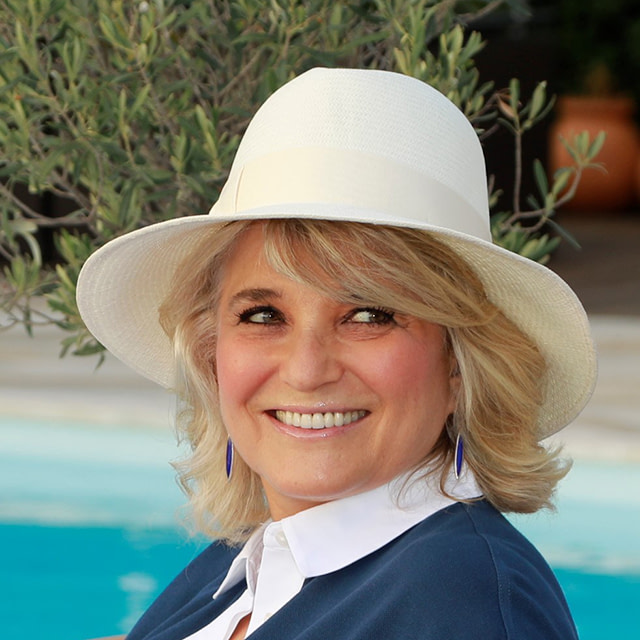Excerpts from my upcoming book ” Make Better Health Choices”
There is a large group of people that take multivitamins “to be on the safe side or because “they can’t’ hurt” or because it’s “a good commercial” promo. It’s not a surprise to me that multivitamins became so popular – after all, vitamin manufacturers promise to “help support your immune system”, or “support your body’s energy”. There is also evidence from observation and lab research that supports the idea that vitamins are beneficial. Therefore, why wouldn’t you take them?
Well, let’s look at this matter closer. Vitamins are nutrients that our own bodies cannot produce, but that we need in small amounts to survive. Until the introduction of synthetic vitamins and minerals, people relied on food and sunshine for their nutrients, and for the most part, it was sufficient.
We live in a different world now. Soil is not as nutrient and mineral-rich as it once was and the use of chemicals, antibiotics and pesticides makes it harder for us to receive a wholesome and nutritionally enriched food. But honestly, how beneficial are the multivitamins that were synthetically compounded?
We hear a lot nowadays that taking vitamins E, C, D, B6, B12, selenium, beta carotene, etc will help to decrease the risk of cancer, heart disease, high blood pressure, etc. However, studies touting the benefits of these vitamins are not very affirmative.
The effects of vitamins on one’s health depend on factors like a personal health profile, the dosage used, the combination of vitamins taken and whether the vitamins used are synthetic, not “whole food” vitamins that are naturally occurring.
When we eat “whole food”, we receive thousands of phytochemicals, nutrients that may not be critical for life but that have been shown to have enormous health benefits. Obviously, these valuable phytochemicals are not present in the vitamins once they’ve been isolated from plants.
Let’s try to be objective here. Although multivitamins haven’t been shown to improve health, certain vitamins are beneficial in particular situations, especially “whole food” vitamins. For example, pregnant women need an adequate amount of folic acid and iron. In addition, Vitamin B12 supplementation, which supports memory function and has many other benefits, is important for people on any diet because there are very few dietary sources for this vitamin.
The popularity of vitamin D supplements is growing. It’s certainly better to get it naturally from sun exposure during the morning and late afternoon hours, provided you’re not wearing sunblock. However, if you are sick or exposed to a flu virus, it might be a good idea to increase your vitamin D intake significantly to boost your body’s defenses.
There are health professionals who believe that an idea that we can isolate a particular nutrient from natural food and rely on it in order to improve our health condition is frivolous. Whole foods contain a myriad of nutrients that are naturally balanced and are the most ideal for our bodies. The idea that nutrients, which were synthesized in a chemical laboratory, would substitute for a whole food, help us improve our health or allow us to live longer seem peculiar.
According to Dr. Brian Clement, director of Hippocrates Health institute, the importance of vitamins is greatly exaggerated; your main source of vitamins should be organic whole food. When I chose to add vitamin supplementation, I always try to use “whole food” vitamins. Even on a “junk food” vegetarian diet, you will get most of the vitamins you need.
Minerals, on the other hand, are not always present in our food and are very important. For example, you need to consume sea vegetables (dulse, nori, arame, wakame) at least 3-5 days a week to get the proper amount of iodine.
Also, oxygen is the most important element as you will quickly die without it. You get it from breathing; however, oxygen levels are down by 50% from 100 years ago. Therefore, try to surround yourself in environments that are oxygen-rich (forest, beach, mountain, etc).
Another important factor to remember is the importance of digestive enzymes. You need enzymes! Digestive enzymes give your food an electrical field. They break down polymeric macromolecules into smaller building blocks in order to facilitate their absorption by the body. Unfortunately, the body’s “enzyme bank” diminishes drastically with age….
Digestive enzymes can be found inside digestive tracts, where they aid in the digestion of food. They are also inside the cells, where they function to maintain cellular survival. These enzymes are diverse and found in saliva, stomach, pancreatic juices, and intestinal (small and large) secretions. Digestive enzymes help heal the gut lining for a number of reasons that have been proved clinically.
Since raw foods are electrically charged, they attract enzymes. A Nobel Prize was awarded during the early part of this century for research demonstrating that the electrical charge attraction of enzymes enables digestion. Why do you age? Because your body’s cells die every day, however, if you are healthy, you grow new cells. Enzymes are a very important factor in cellular regeneration and anti-aging.
If you feel that you need or want to have nutritional supplementation, try to find ”whole food” vitamins, minerals and enzymes although they are understandably more expensive than the synthetic counterparts. Take what you need based on your condition.
Consider taking B12, D3 and/or iodine (many people are deficient in these three nutrients), sea vegetables, and digestive enzymes but don’t take “synthesized multivitamins” from your local pharmacy or supermarket just to “be on the safe side”.
Do your research first!
To your Health, Wealth and Happiness,

